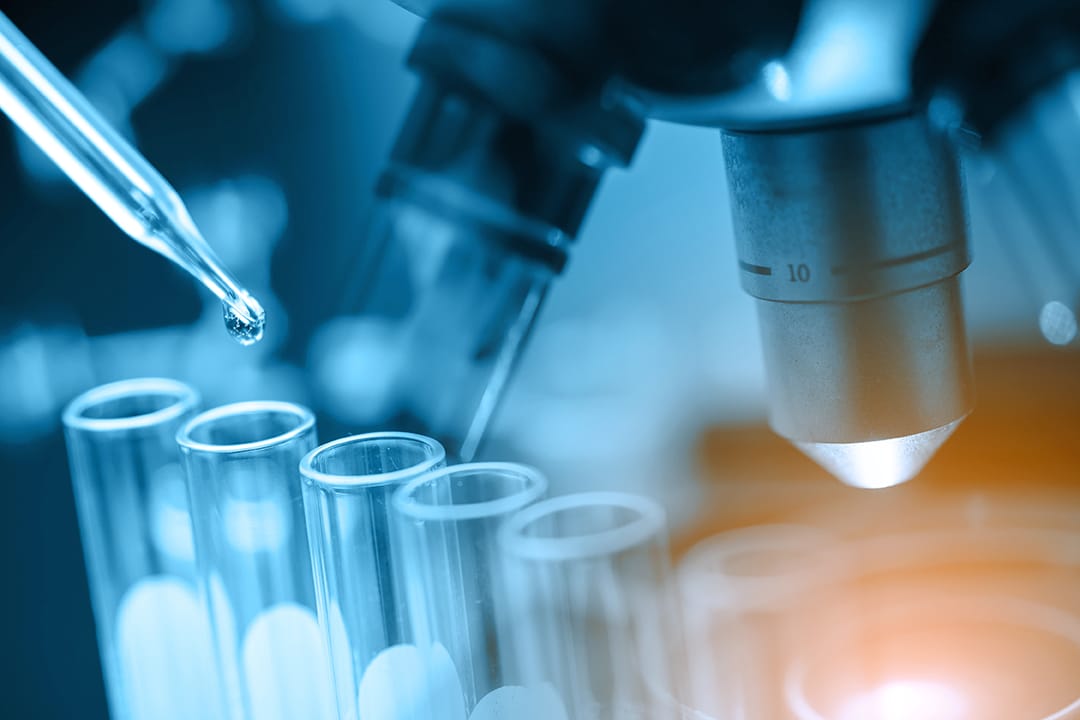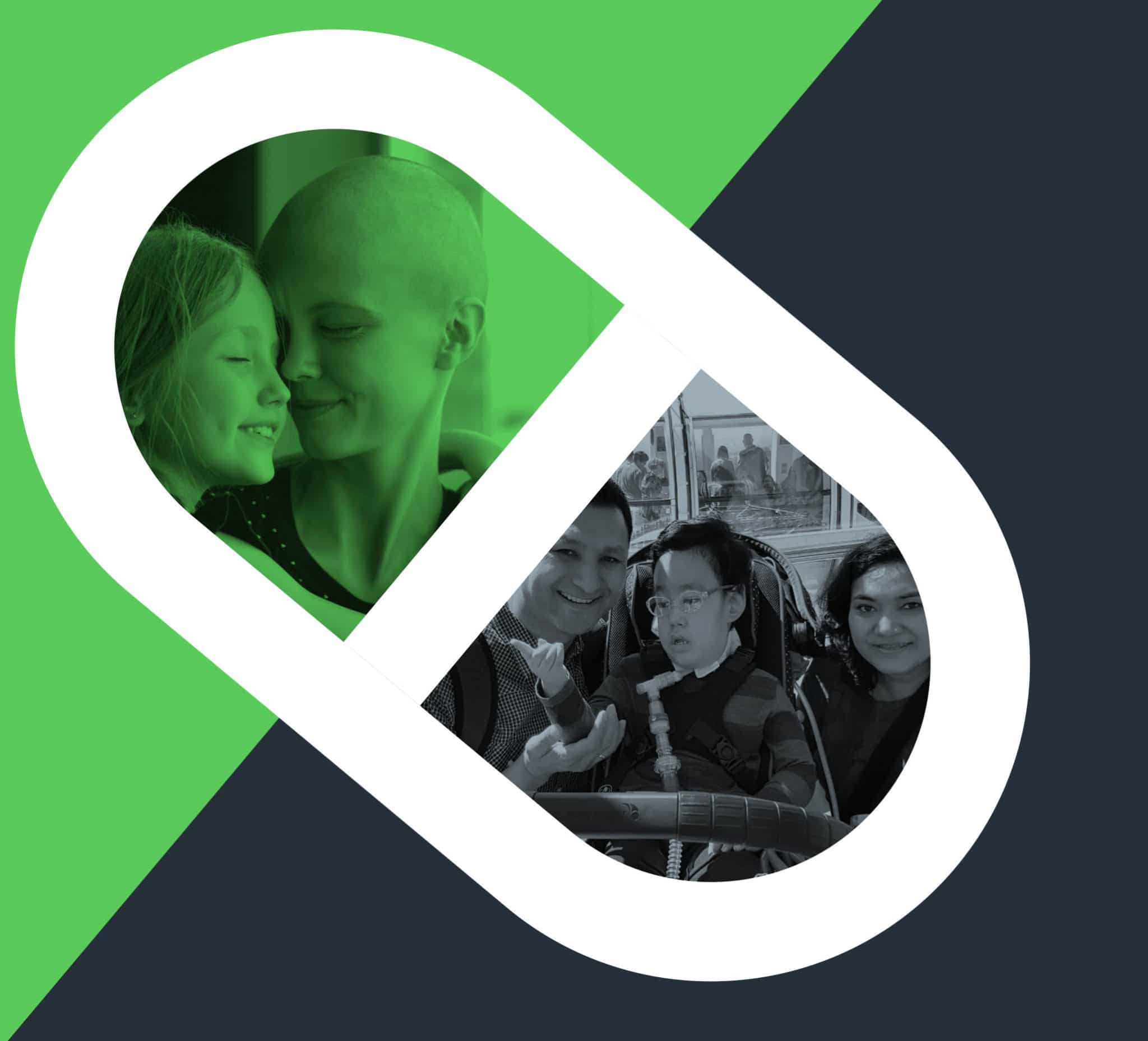LifeArc announced today that it will commit £5 million in grant funding to find new treatments for motor neuron disease (MND) as part of a drug repurposing programme to tackle the high failure rate in MND clinical trials.
Currently, potential treatments for MND, including repurposed drugs, have failed to show beneficial effects in patients and the failure rate for treatments in clinical trials for MND remains very high. LifeArc aims to improve the success rate of clinical trials by funding pre-clinical research studies on repurposed drugs that show potential and, uniquely, verify that they could be effective in treating MND.
International research teams in academia and small and medium-sized enterprises (SMEs) are eligible to take part in the programme, with funding of up to £750,000 per project available. To be considered eligible for funding, applicants must have identified a new repurposed drug with experimental evidence that shows it has potential for treating MND.
The chosen projects will benefit from LifeArc’s deep expertise, advice and mentorship in translational research, its drug-repurposing know-how and access to its collaborative network of project partners. This is all part of the charity’s aim to support the next generation of translational scientists and give projects the best chance of success.
This funding call is part of LifeArc’s Motor Neuron Disease Translational Challenge to make the condition treatable by 2030 and ultimately find a cure. Breaking the research deadlock in MND is a key priority for the charity and forms part of the Challenge’s £50 million investment to accelerate the translation of scientific discoveries into new breakthroughs to transform how MND is detected, treated, and managed.
Currently, around half of those diagnosed with MND die within two years and six people are diagnosed with MND every day in the UK. The condition currently affects around 5,000 people in the UK and more than 330,000 worldwide. There are currently no treatments that can cure the condition and the only licensed drug for MND in the UK has a modest effect on extending life.
“We are fortunate to have exceptional research in the MND community both in the UK and further afield but despite this, most clinical trials using repurposed drugs fail due to lack of effectiveness. Improving confidence in drug repurposing requires more robust preclinical research, meaning that repurposed drug candidates are progressed into trials with sufficient evidence to predict they could benefit someone living with MND. To achieve our ambition of making MND treatable by 2030, we need to start with better decision making at the pre-clinical stage to demonstrate as early as possible that a repurposed drug candidate has the potential to deliver improvements for patients.”
Dr Paul Wright, Head of LifeArc’s MND Translational Challenge
David Setters, MND campaigner and co-founder of Patients United to End MND, said: “This major initiative gives the MND community another boost as we build on recent exciting progress in research. While the development of new therapies remains crucial, the key benefit of repurposing is a shorter trial timescale given that the drugs will have already passed safety tests. The increased prospect of access to more trials in the relatively near future not only brings hope to patients, but also a heightened sense of “self-worth” by being involved in research. Those of us living with this brutal condition greatly appreciate the considerable funding and impetus that LifeArc has brought to MND research in recent years. The team’s focus on translational research to accelerate the arrival of meaningful treatments combined with a desire to harness emerging discoveries from around the world, as with this new programme, gives us a real lift.”
Dr Jane Haley MBE, Director of Research at MND Scotland, added: “Motor neuron disease is rapid, brutal and terminal, and people with MND don’t have time to wait, so it is important that all avenues to possible new treatments are explored. Repurposing of existing licenced medicines is one way of speeding up the process of finding effective treatments. It’s been tried very successfully in cancer, where it has delivered many new treatments for patients, so it is important that MND researchers learn from their successes. We welcome LifeArc’s £5 million investment in this area – it is about time there was a world without MND, and this can only be achieved through research.”
Dr Brian Dickie MBE, Director of Research Development at the MND Association, said: “This exciting new funding call will provide a real shot in the arm for the research community, catalysing the translation of the vast new knowledge gained about MND in recent years and feeding the pipeline of repurposed drug candidates available for clinical trials.”
Jessica Lee, Director of Research at My Name’5 Doddie Foundation, said: “MND research is at a tipping point; we have never known more about the biology underpinning MND and our research community is collaborating like never before. We now need urgent and coordinated investment to drive forward the search for new treatments. We are pleased to welcome LifeArc’s new funding call which could bring new treatments to people living with MND in years, not decades, and we look forward to supporting the programme in any way we can.”
The funding call will be underpinned by the Guiding principles for drug discovery and development in amyotrophic lateral sclerosis white paper that is also being published today. This is the output of a year-long project that has brought together leading researchers, clinicians, industry experts and people living with MND to outline an agreed approach to reduce the risk of clinical trials of new treatments through an enhanced evidenced-based approach to pre-clinical research.
Researchers interested in applying for funding are encouraged to join a webinar about the project taking place in February 2024 and can register here.
A parallel funding scheme to support data science and AI/machine learning approaches to repurposed drug candidate identification in MND will also be made available through the programme. LifeArc will fund up to five bioinformatic projects that aim to exploit MND data sets with up to £100,000 available per project over 12 months.
Media contact
Hannah Severyn
Head of Media and PR at LifeArc
hannah.severyn[at]lifearc.org



